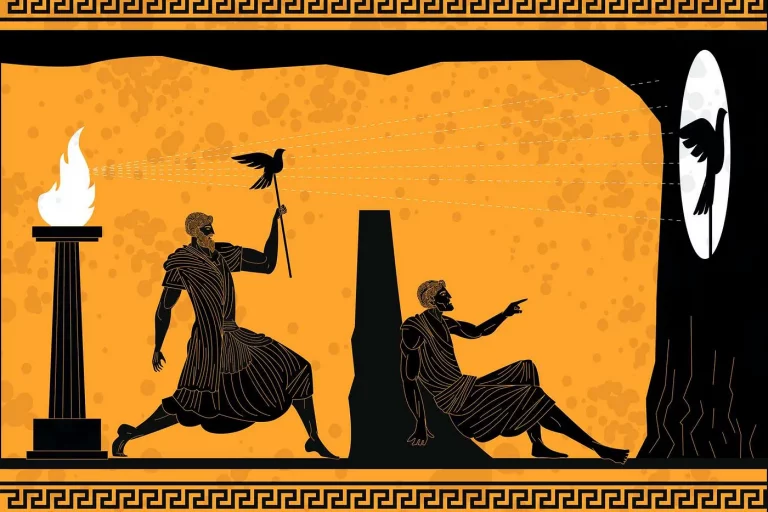The irrational consumer: why economics is dead wrong about how we make choices

“The New Science of Pleasure,” a new paper by Daniel L. McFadden, reviews how psychology, biology, and neurology are ganging up on economics to prove that, when it comes to making decisions, people are anything but rational.
Abstract
The neoclassical view of consumers as relentless egoistic maximizers is challenged by evidence from cognitive psychology, anthropology, evolutionary biology, and neurology. This paper begins by surveying the development of neoclassical consumer theory and the measurement of welfare, and expansions to encompass preference fields, nonlinear budgets, hedonic goods and household production, and consumption dynamics. Following this, it reviews the newer evidence on consumer behavior, and what this implies for the measurement of consumer beliefs, intentions, preferences, choices, and well-being.
The Atlantic’s Derek Thompson interviewed the author.
“Neither the physiology of pleasure nor the methods we use to make choices are as simple or as single-minded as the classical economists thought. A lot of behavior is consistent with pursuit of self-interest, but in novel or ambiguous decision-making environments there is a good chance that our habits will fail us and inconsistencies in the way we process information will undo us.”



